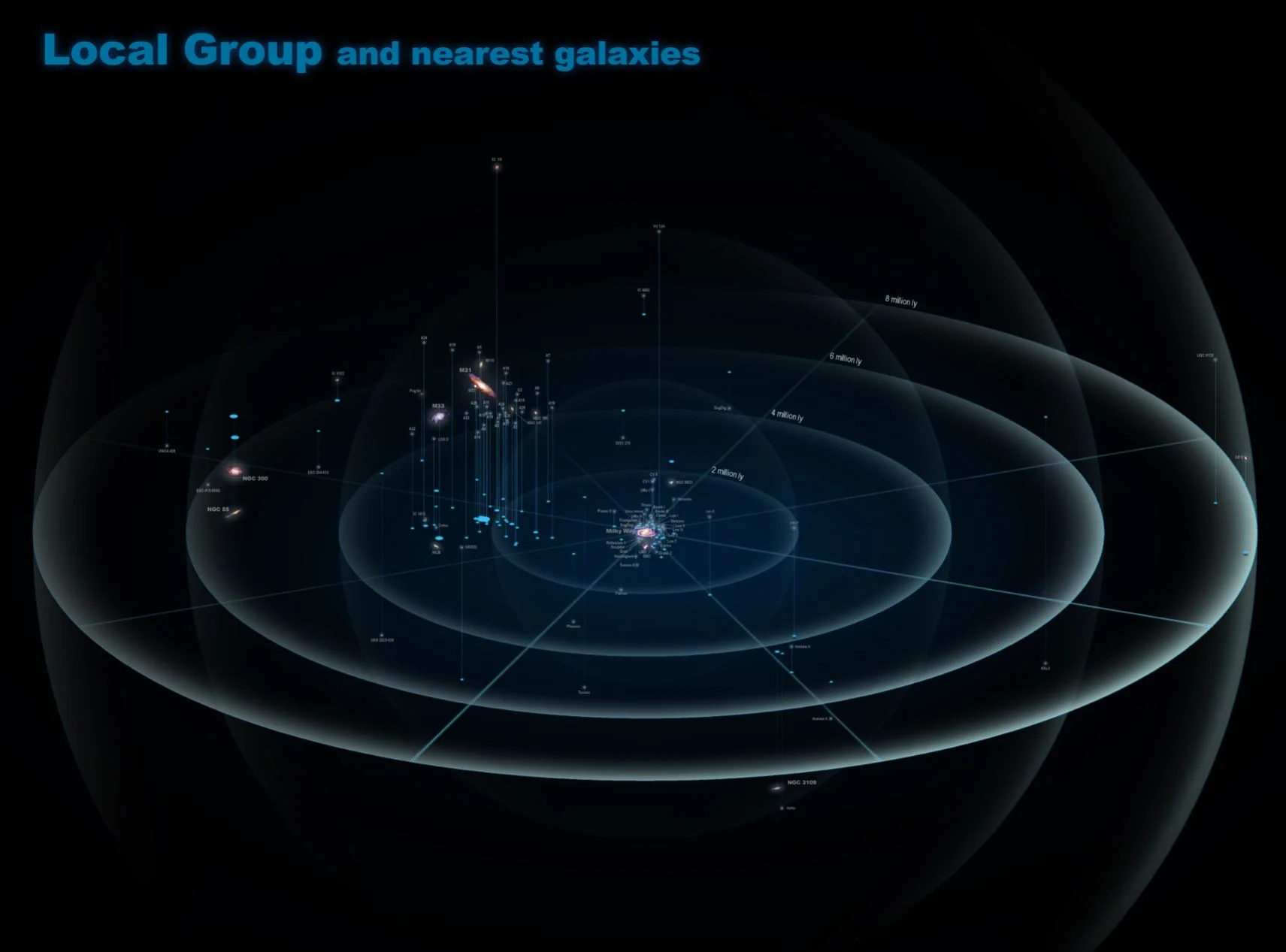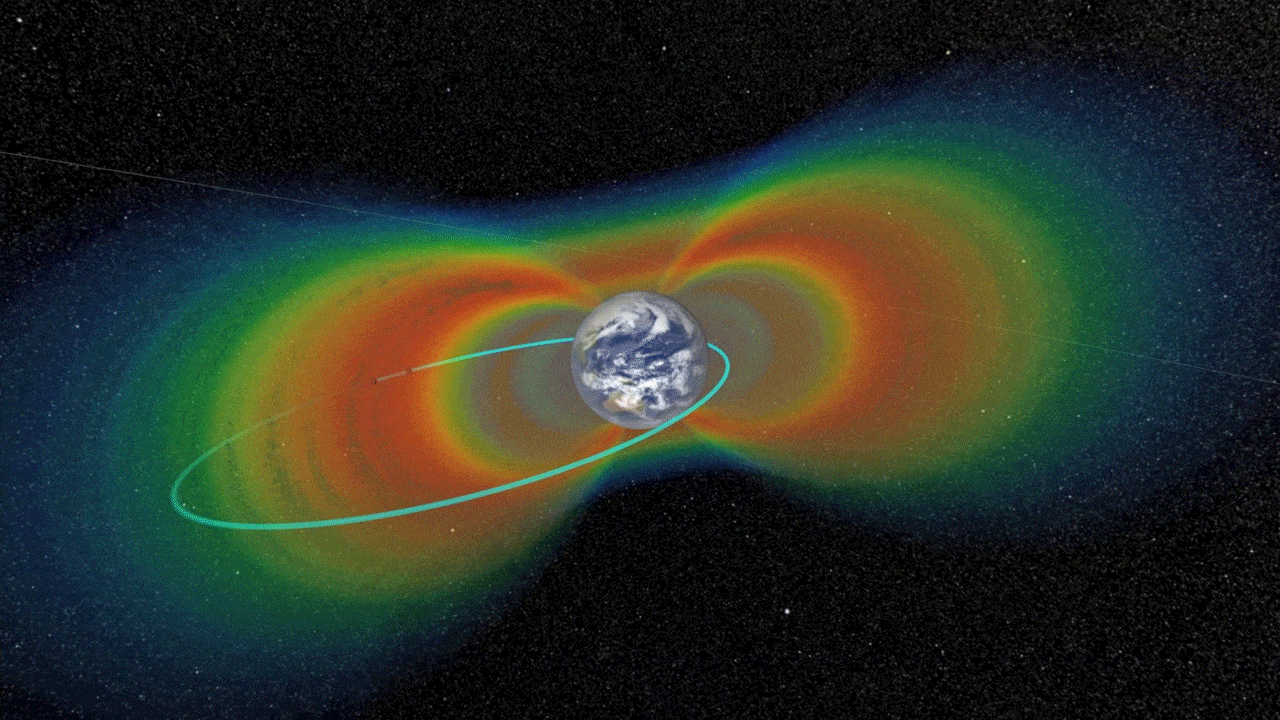In the coming decades, a number of missions are planned for Mars, which include proposals to send astronauts there for the first time. This presents numerous logistical and technical challenges, ranging from the sheer distance to the need for increased protection against radiation. At the same time, there is also the difficulty of landing on the Red Planet, or what is referred to as the “Mars Curse“.
Do blind people have better hearing?
NASA Selects New Mission to Explore Origins of Universe
Where is the Universe Hiding its Missing Mass?
Farewell, Opportunity: rover dies, but its hugely successful Mars mission is helping us design the next one
NASA’s Opportunity rover on Mars has been officially pronounced dead. Its amazingly successful mission lasted nearly 15 years, well beyond its initial three-month goal. Opportunity provided the first proof that water once existed on Mars and shaped its surface, a crucial piece of knowledge informing both current and future missions.
InSight has Placed its Heat Probe on the Martian Surface. The Next Step is to Jackhammer Down 5 Meters and Hope it Doesn’t Encounter a Large Rock
Giving keener “electric eyesight” to autonomous vehicles
NASA's Record-Setting Opportunity Rover Mission on Mars Comes to End
Thanks to Gaia, We Now Know Exactly When We’ll be Colliding with Andromeda
Astronomers have known for some time that the Milky Way and the Andromeda galaxies will collide on some future date. The best guess for that rendezvous has been about 3.75 billion years from now. But now a new study based on Data Release 2 from the ESA’s Gaia mission is bringing some clarity to this future collision.
We’ve discovered the world’s largest drum – and it’s in space
Universities in the US have long wrangled over who owns the world’s largest drum. Unsubstantiated claims to the title have included the “Purdue Big Bass Drum” and “Big Bertha”, which interestingly was named after the German World War I cannon and ended up becoming radioactive during the Manhattan Project
NASA’s Van Allen Probes Begin Final Phase of Exploration in Earth's Radiation Belts
Two tough, resilient, NASA spacecraft have been orbiting Earth for the past six and a half years, flying repeatedly through a hazardous zone of charged particles around our planet called the Van Allen radiation belts. The twin Van Allen Probes, launched in August 2012, have confirmed scientific theories and revealed new structures and processes at work in these dynamic regions. Now, they're starting a new and final phase in their exploration.
Here’s a Clever idea. Build Moon Bases in Craters and then Fill them in with Lunar Regolith
In the coming decades, multiple space agencies are planning to send astronauts to the lunar surface. More than that, between the European Space Agency (ESA), the China National Space Administration (CNSA) and Roscomos, there are multiple plans to construct permanent outposts on the Moon. Perhaps the best-known of these is the ESA’s plan to build an International Lunar Village,
Why the US has higher drug prices than other countries
Spending on pharmaceuticals is on the rise worldwide. And it well should be. Today, we are able to cure some diseases like hepatitis C that were virtual death sentences just a few years ago. This progress required significant investments by governments and private companies alike. Unquestionably, the world is better off for it.
Did we evolve to pick our phones over our partners?
How much is a robot life worth?
How your genes could affect the quality of your marriage
NASA Finds Possible Second Impact Crater Under Greenland Ice
A pill for loneliness? If only it were that simple
Does cannabis cure cancer? We asked an expert
For thousands of years people have used cannabis for recreational, ritualistic and medicinal purposes. In the modern era, the latter property excites a lot of people, and there is no shortage of wild claims about the supposed medical benefits of the plant. Of all the claims, perhaps the most bold is the assertion that cannabis can cure cancer.
















